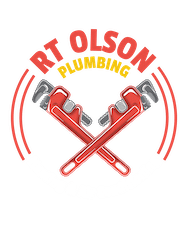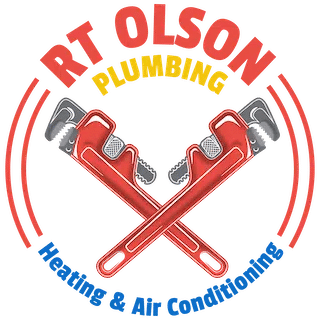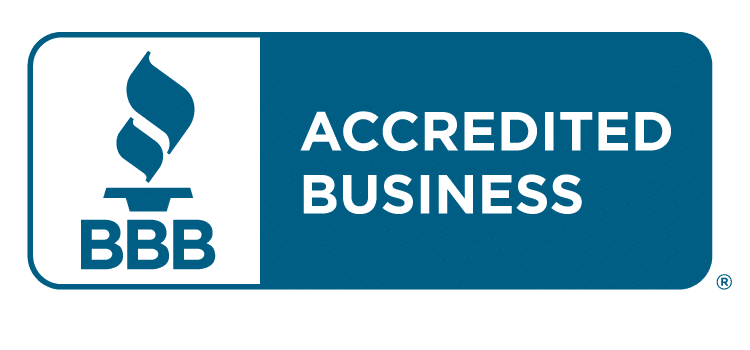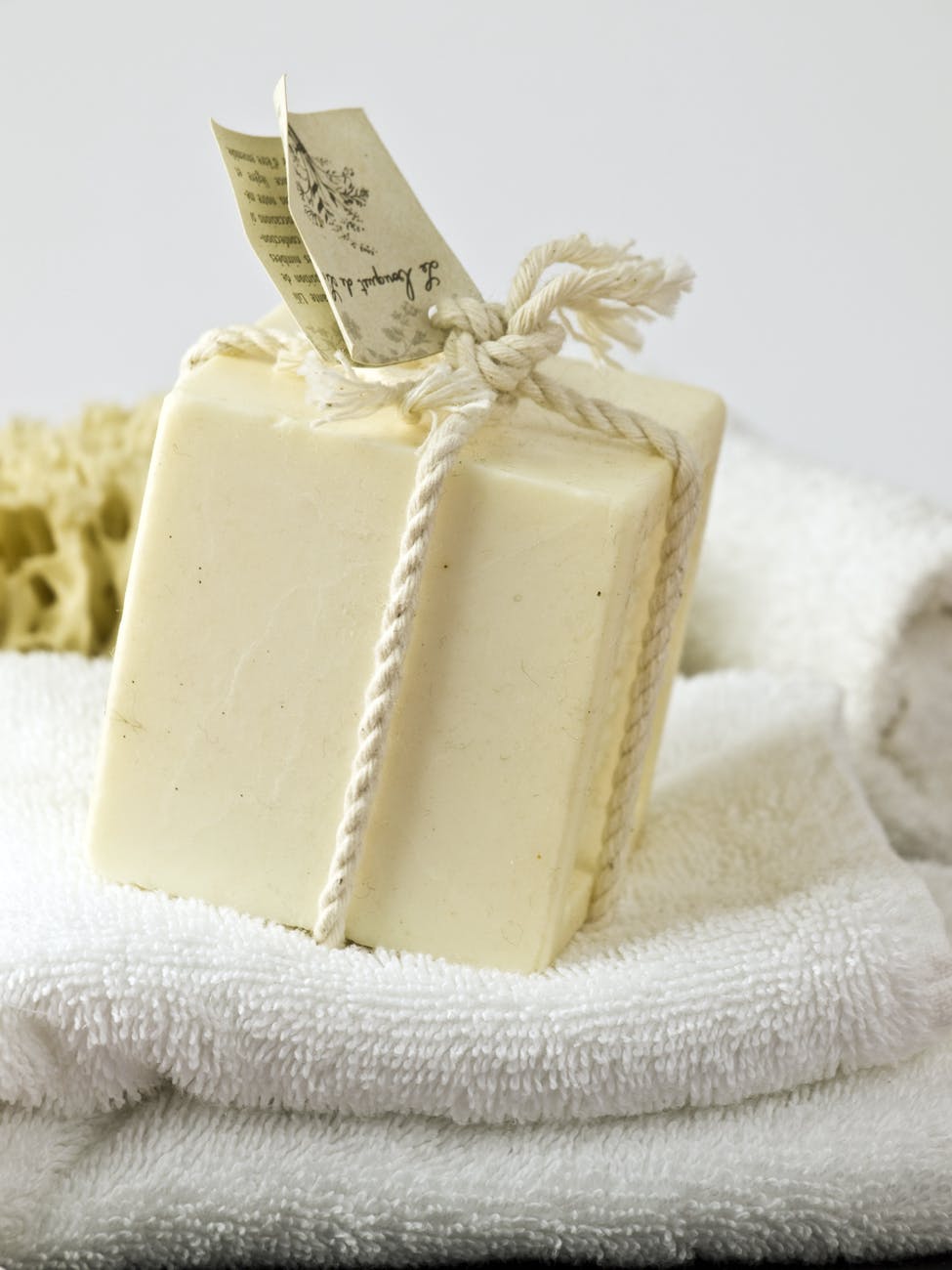Water Softener Installation – Corona CA
Water Softener Installation – Corona CA
Protect Your Home & Family
- Free estimates
- Ion-exchange systems
- Salt-free softeners available
- Whole house filtration systems
- Same day service available
- Clean, reliable, and on-time
- 100% satisfaction guaranteed
- Family owned & operated
- 24/7 customer service
- Over 500 five-star customer reviews
- Call today at +1 (951) 344-5596
Servicing all of Inland Empire, Orange County, Los Angeles, Palm Springs and all surrounding areas.
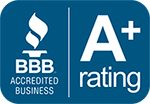
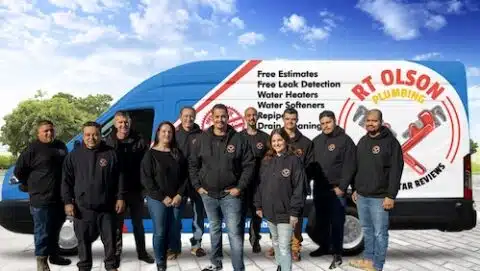
Hear What Real Customers Are Saying About RT Olson Plumbing Heating and Air.
See What Our Customers Have To Say
Hard water minerals eat away at your plumbing and drastically shortens the life of your:
- plumbing pipes
- water heater
- washing machine
- dishwasher
- faucets
- shower heads
- ice maker
- coffee maker
- water filtration devices
- sinks, baths, and tile
Hard water also causes hard labor, by the difficult-to-clean limescale and soap-scum it leaves behind.
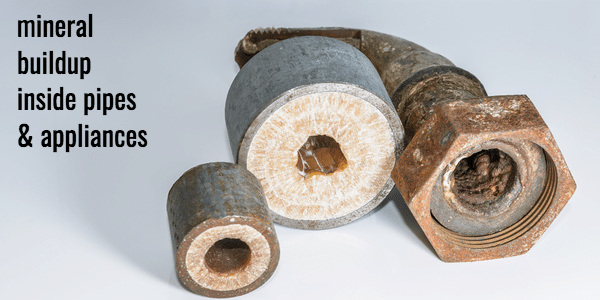
If you’ve got HARD WATER, it’s quietly costing you a fortune!
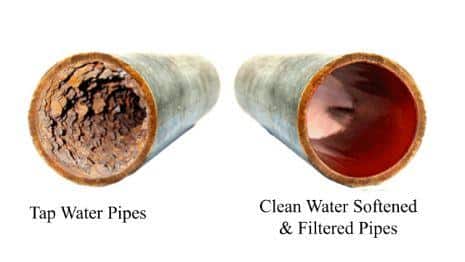
Corona CA Area Has Hard Water
Hard water is filled with minerals and other sediment.
It leaves behind what’s known as limescale, which are hard, chalky water deposits you see on your water faucets, sinks, shower heads, bath and shower doors, tiles, and in the foggy appearance of “clean” glasses from a dishwasher, etc.
It’s not just appliances and fixtures that are affected:
- Inside you pipes and appliances a buildup of minerals occurs and begins to clog water flow, increase pressure, and create leaks.
- Clothing washed in hard water fades and deteriorates more quickly than clothing washed in soft water.
- Fine dishes and glasses are gradually etched by hard water until they become less shiny or fogged in appearance.
- Your hair and skin are dried by hard water, increasing the need for lotions and conditioners.
Soaps are less effective in hard water because of the mineral salts within hard water.
Soap scum is a common by-product of using soap or shampoos in hard water. The sodium in soaps binds to the hard water minerals and leaves behind a hard-to-clean film of soap scum (on your skin and hair too!).
Softened water results in more effective cleaning action and less soap and detergent usage. It also eliminates soap scum and limescale deposits.
Three Types of Water Softeners
Ion-exchange water softener
(uses salt or potassium)
Ion-exchange water softeners remove most of the hard water minerals.
They’re the only industry certified “water softeners” as defined by removing the hard water minerals.
Resins inside the tank attract and remove most of the hard water minerals from the water by exchanging the minerals for a sodium or potassium ion.
PROS
-
greatly reduces scale buildup inside pipes and appliances, on faucets, shower doors, tile, toilets, sinks, and bath.
-
extends the lifespan of plumbing pipes, water heater, and appliances.
- doesn’t clog your skin’s pores to better allow natural skin oils to flow.
-
saves money by requiring less soaps, shampoos, and detergents.
-
skin and hair feel silky smooth after showering and bathing.
-
washed clothes will be brighter, whiter, softer, and last longer.
-
greatly reduces spots on your glass in the dishwasher.
CONS
- most cities do NOT allow salt-based water softeners.
- salt or potassium is required to charge the resins – costs $9/mo salt or $27/mo potassium.
- water usage will increase by 50-100 gallons per month for resin regeneration (done automatically by a controller).
- automated controller uses minor electricity – needs electrical connection.
- requires a carbon tank pre-filter to protect softener resins from deterioration due to chlorine.
Salt-free water conditioner
(NO salt or potassium)
SALT-FREE systems are actually water conditioners. They are sometimes called “descalers.”
Salt-free conditioners use a filtering media that does not remove the hard water minerals but instead crystalizes most of them so that they don’t stick to most surfaces.
PROS
- greatly reduces scale buildup inside pipes and appliances, on faucets, shower doors, tile, toilets, sinks, and bath.
- extends the lifespan of plumbing pipes, water heater, and appliances.
- doesn’t clog your skin’s pores to better allow natural skin oils to flow.
- saves money by requiring less soaps, shampoos, and detergents.
- not only greatly reduces scale buildup but also helps remove existing scale .
- No salt or potassium needed to monitor, buy, and add to system (save $9/mo in salt)
there are no ion-exchange resins and therefore no regeneration is required . - save 80-100 gallons of water monthly (required for regeneration of ion-exchange resins)
there is no controller needed and no electricity required for it . -
requires a carbon tank pre-filter to protect conditioning media from deterioration due to other water contaminants.
CONS
-
doesn’t leave your skin and hair feeling soft, smooth, and silky.
-
doesn’t help brighten, whiten, or soften clothing during washes.
-
doesn’t help reduce spots on glassware in dishwasher.
MAGNETIC “SOFTENING” SYSTEMS are not actually water softeners either but are often marketed as softeners.
They attach to your main water intake line and use a magnetic field to reverse the charge of the hard water ions, causing them to resist the pipes and each other and just flow away down the drain.
This is unproven technology with conflicting scientific data.
PROS
- They are inexpensive, costing only $200-$300.
- There are anecdotal reports of satisfied customers.
CONS
There have been many scientific studies done on “magnetic water softeners,” and none are conclusive enough to show anything more than minimal scale reduction.
The Water Quality Association’s (WQA) conclusions were that the research submitted by the manufacturers show conflicting results and recommends the magnetic industry conduct additional research.
EITHER WAY, YOU STILL HAVE A PROBLEM!
You protect and take good care of your home, pipes, and appliances with a water softener, but what about you and your family?
No matter what water softening solution you choose, there are still other things lurking in your home’s tap water, and most bottled waters, that are nasty, taste bad, cost you money, and can even do harm to your health.
Different whole-house water filters and reverse osmosis systems may be needed to remove those other unwanted contaminants.

